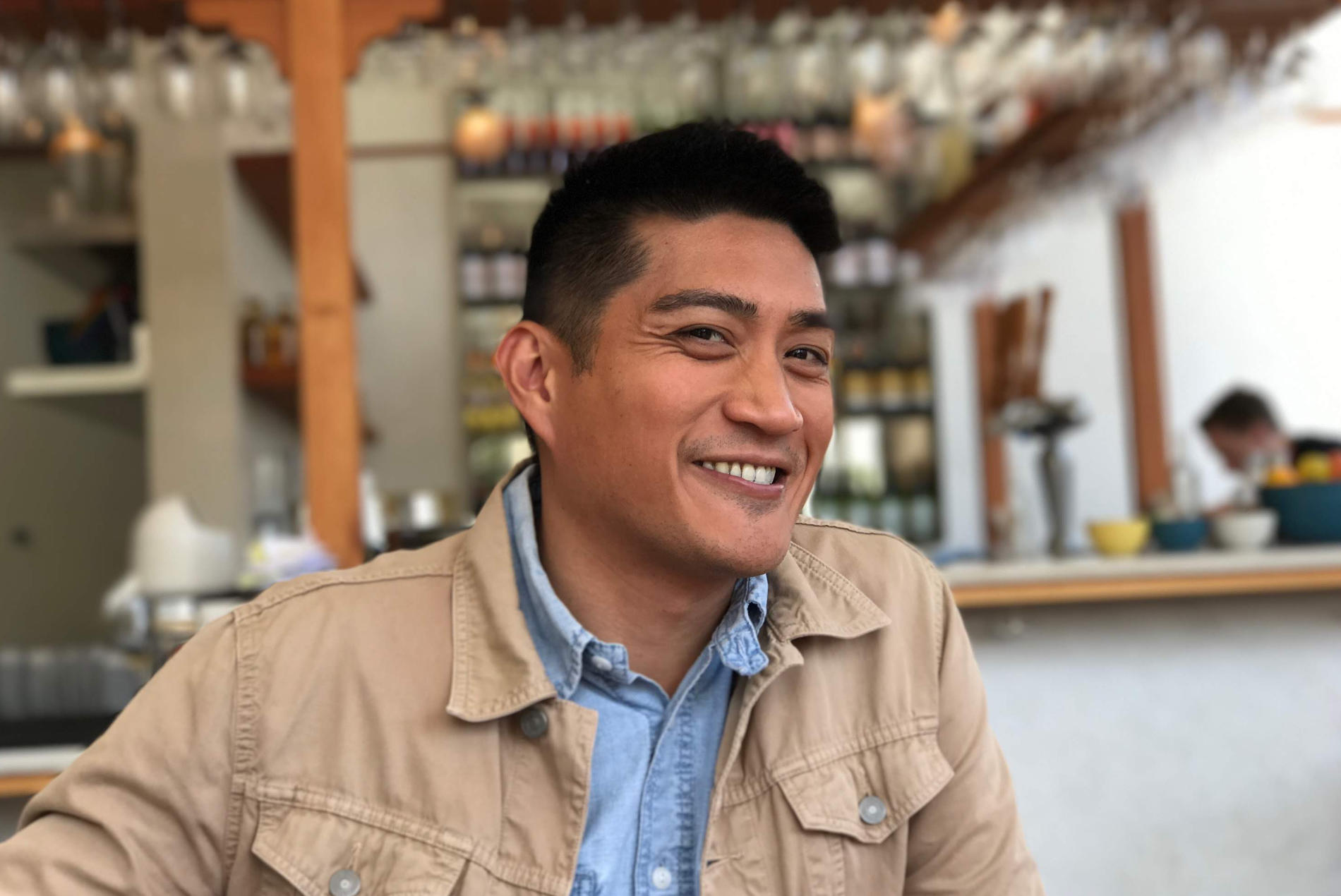A marketing professional in our San Francisco studio and native of the Philippines, Phillip sees intolerance as part of daily life in America.
Every day, my idealized version of America collides with the reality of my lived experience. And as a first-generation immigrant, I am still learning what it means to be Asian in this country.
Growing up in Manila, I was just “Phillip”. Plain, old Phillip. It was only when I came to the U.S. in 2008 that my identity took on several qualifiers. Here, I’m called “Phillip from the Philippines”. Phillip the Filipino—an Asian, “fresh off the boat”, person of color, (identifying as) heterosexual male with a Catholic upbringing, no political affiliations, and a fully-fledged member of the Asian community. Here, I am Other.
Back then, little did I know that each of those qualifiers, bestowed upon me by a culture and system that is apparently keeping score, has consequences: that the way people perceive me, based solely on how I look, matters a whole lot more than I would like. And that I am expected to spend the rest of my life proving them wrong.
If I’m being honest, even before the pandemic, there were countless times when I feared for my life because someone was “having a bad day.” You see it on the news and on social media. Now more than ever, acts of senseless violence are directed at people whose only crime is that they were different. That their mere existence was an offense and warranted extermination.
But this is nothing new. In my desperate search for answers as to why this is happening in the so-called “greatest country in the world”, I have come to learn that this has always been the case, that the U.S. has a long history of racism against the AAPI community and any Other community, for that matter. It is only now that it is being heavily documented. And even so, the violence keeps escalating.
As any immigrant of color will tell you, the unspoken rules in this country are complex and they are set up differently for us. That our lives are at risk and can be taken away at any moment because of our Otherness is part of a long list of stipulations in an unwritten contract that we sign as soon as we set foot in this country.
Nevertheless, we learn how to navigate this brave new world and how to thrive in it despite and because of the qualifiers bestowed upon us. And we use our Otherness to our advantage, holding onto it as position of strength and value, not of victimhood—even at the risk of persecution. You need only to look at the history of our firm—co-founded by a Japanese American whose only recourse was to move to St. Louis in search of a better life while his family was locked away at an internment camp—to recognize this point.
Make no mistake, HOK is a byproduct of Asian hate and our firm’s legacy of was born from this narrative. That said, I hope we can all acknowledge that the issues affecting the AAPI community and people of color affect us all. If we seek to understand Otherness and treat Others like we do ourselves, we can come to realize that we are not so different after all.
Editor’s note: This article originally appeared on HOK’s intranet as part of a monthly series exploring the diverse people and backgrounds that make up HOK.
